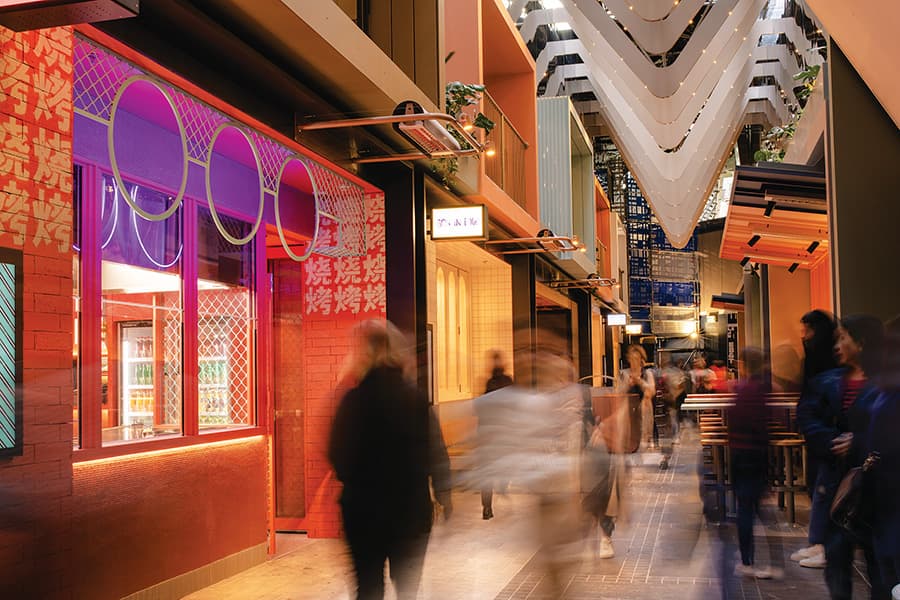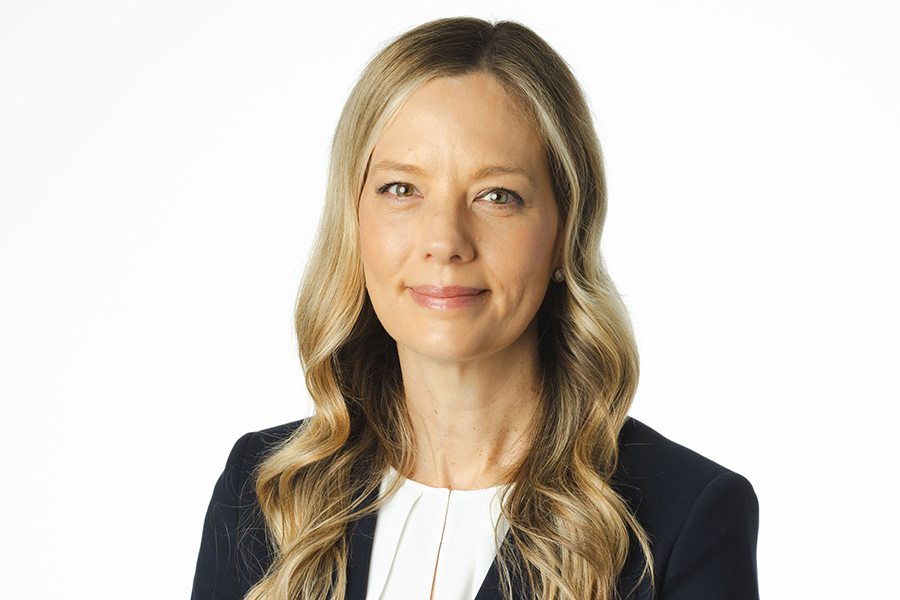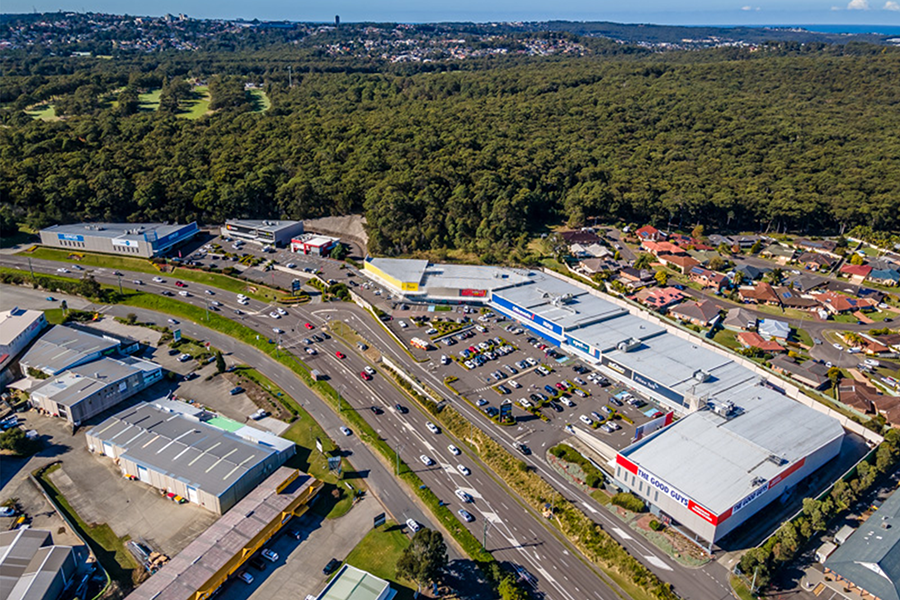Like many retail property companies the current environment with rental reversions has affected property valuations significantly. In their half year update, GPT has recorded a net loss of $519.1 million for the six months to 30 June, primarily due to negative property valuation movements, and funds from operations (FFO) of $244.5 million.
While the Group commenced 2020 with solid momentum, the period has been overshadowed by the unprecedented measures implemented in response to the COVID-19 pandemic. The effect of these measures on the operations of our assets was most pronounced in the retail sector, where physical distancing and mobility measures implemented by government resulted in challenging trading conditions for many of our tenants.
In April, the National Cabinet announced the introduction of the commercial tenancy Code of Conduct (Code) requiring landlords to provide rental relief to qualifying tenants impacted by the government measures. The Group has also agreed to provide relief to some tenants who are not eligible for assistance under the Code but whose businesses have been significantly impacted by the pandemic, primarily in the retail sector. As a consequence of both the challenging environment and the Code, rent collection from retail tenants fell sharply in the second quarter for the group.
Negotiations are continuing with tenants on a case by case basis. The Stage 4 restrictions recently announced by government for Victoria has also created additional uncertainty.
GPT’s Chief Executive Officer, Bob Johnston, said: “The health and safety of our people, our customers and the public has been our first priority through the period. We have continued to engage with our tenants to provide appropriate levels of support. Our aim is to ensure that we can all emerge from the pandemic in a sustainable position.”
All properties in the portfolio were independently valued during the period, resulting in a total devaluation of $711.3 million.
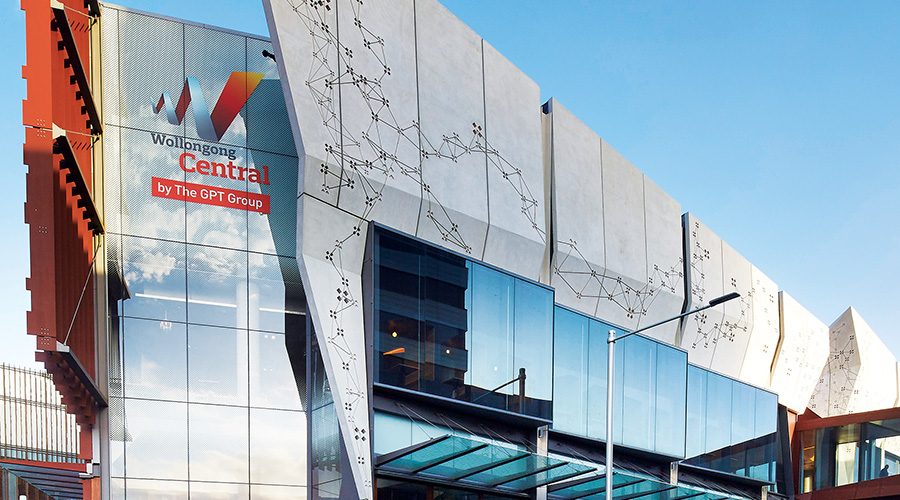
GPT’s Wollongong Central, NSW
The Retail portfolio commenced the year with positive sales growth, with monthly combined specialty sales up 3.0% in January and up 4.9% in February (year on year). The introduction of government measures and restrictions to contain the spread of the COVID-19 pandemic in March resulted in lower levels of foot traffic and a reduction in the number of stores trading, which contributed to a significant decline in retail sales across the portfolio. As a result, at 30 June specialty sales productivity was $9,910 per m..
The portfolio occupancy as at 30 June was 98.0%. The Group completed 173 leasing deals in the six months to 30 June, achieving fixed rental increases averaging 4.7% and an average lease term of 4.5 years.
The Group undertook independent valuations for the entire retail portfolio as at 30 June, which resulted in a negative revaluation of 10.5%. The weighted average capitalisation rate expanded by 15 basis points to 5.04%, while discount rates firmed 27 basis points to 6.35%. Scentre Group also released their preliminary results this week and indicated approximately 10% downturn in property valuations from the 31 December 2019 valuation due to COVID-19 impacts.
In June, as government restrictions were relaxed, we have been encouraged by the performance of our assets, with customer visitations trending back to 2019 levels and 91% of stores open for business. While the current situation in Victoria represents a setback to activity at our Melbourne assets, given the quality of our portfolio we remain optimistic of a similar recovery when government measures are lifted.
The Group has taken a number of steps to ensure its balance sheet position remains solid, including the deferral of planned retail expansion of the Rouse Hill Town Centre and the Melbourne Central office and retail development.
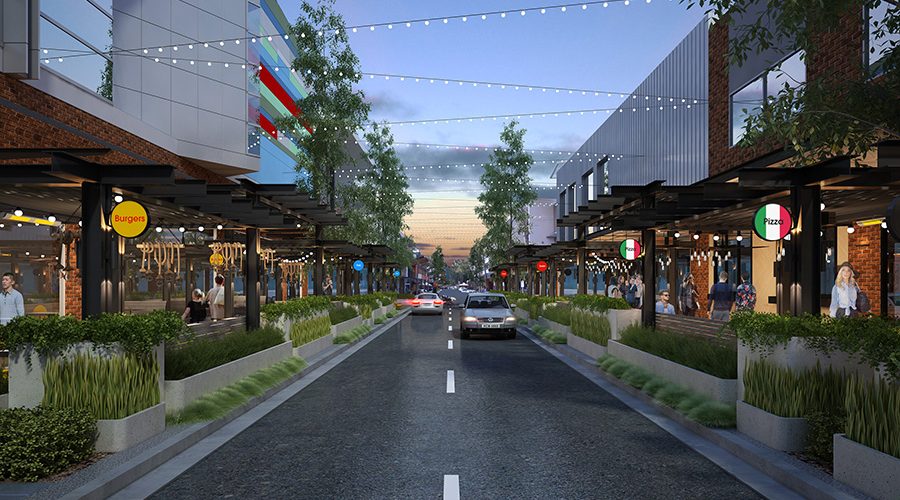
The revitalisation of Rouse Hill Town Centre is deferred
In addition, non-essential capital expenditure and discretionary spend has been curtailed, and the Group has withdrawn the 2020 Short Term Incentive Plan and the 2020-2022 Long Term Incentive Plan.
Commenting on the Group’s capital position, GPT’s Chief Executive Officer Bob Johnston said: “We are well placed to navigate through the pandemic period. We have been prudent in the way we have managed the business. We have a strong balance sheet and liquidity of $1.2 billion that ensures that we are also well positioned to continue to execute on our strategy.”
The Group is also forging ahead with its sustainability goals and has set a target for all GPT managed assets to be operating on a carbon neutral basis by 2024. This represents a significant advance on the previous target of 2030 and reaffirms GPT’s leadership position in
sustainability.


